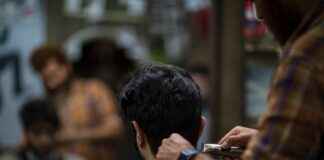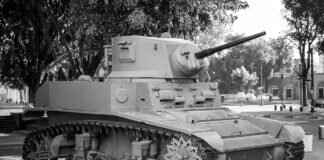This article delves into the fascinating life of Thomas Kingston, a significant figure whose existence is closely linked with the British aristocracy and its rich history. Kingston’s connections with the royal family and his contributions to society have left an indelible mark that continues to resonate today. This exploration will provide insights into his early life, education, career, and lasting legacy.
Early Life of Thomas Kingston
Thomas Kingston was born into a prominent family that played a vital role in shaping his future. Growing up in an environment filled with privilege, he had access to the finest education and social circles. His family’s status afforded him unique opportunities to interact with influential figures, laying the groundwork for his future connections with royalty. This privileged upbringing instilled in him a sense of duty and responsibility towards society, which he carried throughout his life.
Education and Influences
Kingston’s educational journey was marked by attendance at some of the most prestigious institutions in the UK. His studies not only equipped him with essential knowledge but also introduced him to key individuals who would influence his career. Engaging with peers from similar backgrounds fostered a sense of ambition in Kingston, propelling him towards a life intertwined with the elite. The values and skills he acquired during this time would prove invaluable as he navigated the complexities of aristocratic life.
Career Path and Achievements
Throughout his career, Kingston demonstrated remarkable dedication and ambition. He ventured into various sectors, making significant contributions that garnered recognition from both his peers and the royal family. His ability to blend professionalism with social finesse allowed him to thrive in environments where connections were paramount. Kingston’s achievements not only elevated his status but also positioned him as a respected figure within royal circles.
Royal Connections: Who Did He Know?
Thomas Kingston’s relationships with members of the royal family were pivotal in shaping his life. His close ties with prominent royals provided him with unique opportunities that few could access. These connections were not merely social; they played a crucial role in Kingston’s professional endeavors and philanthropic efforts. His ability to navigate the intricate web of royal relationships showcased his diplomatic skills and understanding of societal dynamics.
Kingston’s Role in Society
As a member of the aristocracy, Kingston’s presence at high-profile events underscored his importance in social circles. His participation in charitable functions and public gatherings reflected his commitment to societal betterment. Kingston’s role extended beyond mere attendance; he often took on leadership positions, influencing the direction of charitable initiatives and community projects.
Marriage and Family Life
Kingston’s marriage played a significant role in enhancing his social standing. By aligning himself with another influential family, he strengthened his connections within the aristocracy. His family life was characterized by a blend of personal and social responsibilities, further intertwining his legacy with that of the British elite. The values instilled in his family would continue to resonate through generations, solidifying their place within high society.
Philanthropic Endeavors
Known for his philanthropic spirit, Thomas Kingston dedicated a considerable portion of his life to charitable causes. His commitment to giving back to the community highlighted his character and values beyond his aristocratic connections. Kingston’s efforts in supporting various initiatives, from education to healthcare, demonstrated his understanding of social responsibility and the importance of uplifting those in need.
Legacy and Historical Impact
The legacy of Thomas Kingston extends far beyond his lifetime. His contributions to society, coupled with his royal connections, have left a lasting impression on British history. Kingston’s influence can be seen in the ongoing traditions and practices within the royal family, showcasing how his life intertwined with the larger narrative of British aristocracy.
Controversies and Challenges
Like many figures in high society, Kingston faced his share of controversies and challenges. These moments tested his character and resilience, shaping the complex legacy he left behind. Navigating public scrutiny and personal dilemmas, Kingston’s ability to maintain his composure and integrity amidst adversity speaks volumes about his character.
Public Perception and Media Representation
The media’s portrayal of Thomas Kingston significantly influenced public perception. His image in the press reflected a duality of admiration and scrutiny, highlighting the complexities of his life. The narratives surrounding him often oscillated between reverence for his contributions and criticism of his privileged status, illustrating the challenges faced by those in the spotlight.
Influence on Modern Royalty
Kingston’s connections and legacy continue to resonate within modern royalty. His impact on royal traditions and practices can still be observed in contemporary engagements and philanthropy. The values he championed are echoed in the initiatives undertaken by today’s royals, showcasing the enduring relevance of his contributions.
Final Thoughts on Thomas Kingston’s Life
Reflecting on Thomas Kingston’s life reveals a multifaceted individual whose connections and contributions shaped not only his legacy but also the historical context of British royalty. His story serves as a testament to the intricate interplay between personal ambition, societal responsibility, and the enduring influence of aristocratic connections.
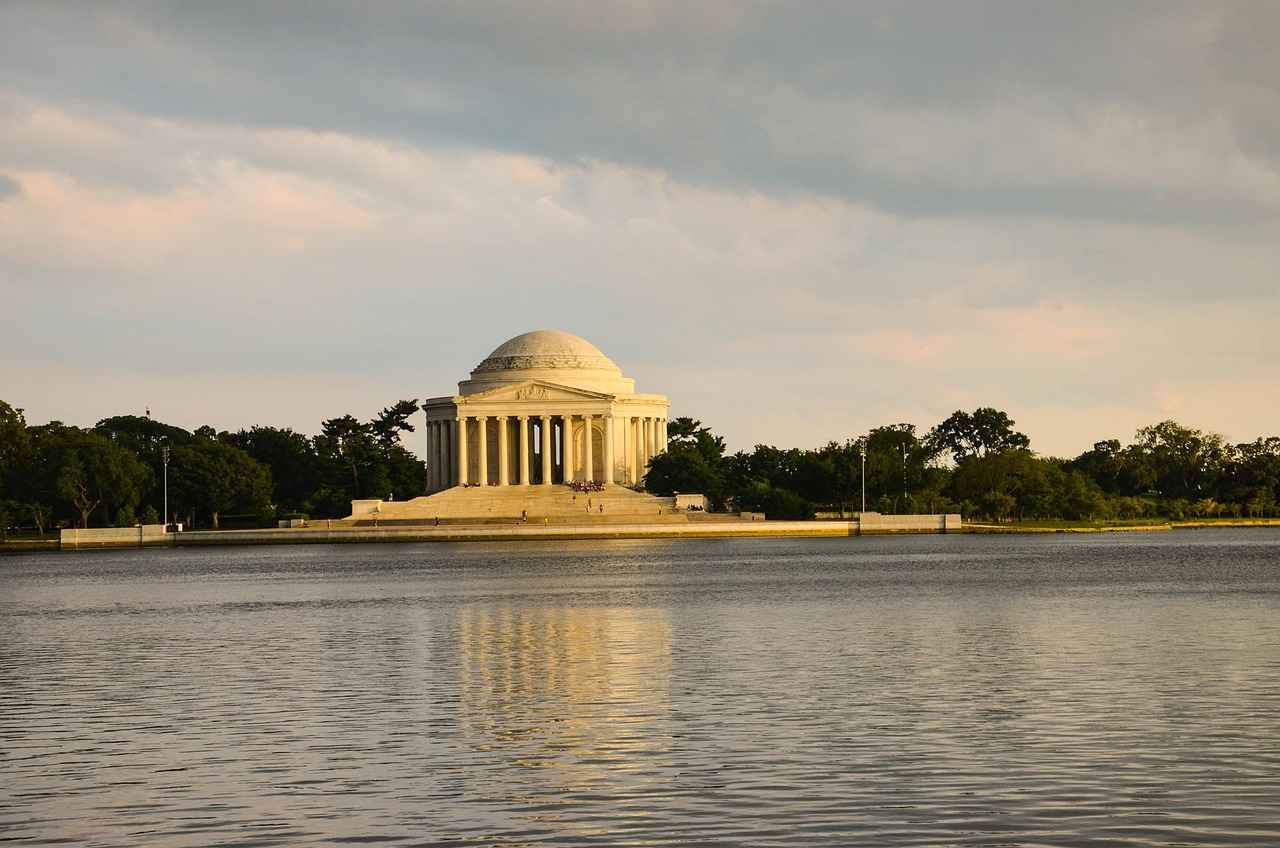
Early Life of Thomas Kingston
Thomas Kingston’s early life laid a significant foundation for his later connections to British royalty. Born into an influential family, Kingston’s upbringing was characterized by privilege and access to high society, which shaped his worldview and aspirations. Growing up in an environment that fostered connections with the elite, he was exposed to the intricacies of aristocratic life from a young age.
- Family Background: Kingston hailed from a family with long-standing ties to the British aristocracy. His lineage provided him with a unique perspective on the responsibilities and expectations that come with such a background.
- Early Education: His formative years were marked by attendance at prestigious schools, where he was not only academically challenged but also encouraged to engage with peers from similar social standings. This early education was pivotal in developing his social skills and networking abilities.
- Social Events: From lavish balls to private gatherings, Kingston’s childhood was filled with social events that allowed him to mingle with influential figures. These experiences were instrumental in teaching him the nuances of high society.
Kingston’s family often hosted gatherings that attracted prominent members of the aristocracy, providing him with opportunities to forge early connections with individuals who would later play significant roles in his life. This exposure to high society instilled in him a sense of confidence and an understanding of the social dynamics that governed the lives of the elite.
Additionally, Kingston’s upbringing was enriched by travel, as his family often visited various estates and countries, further broadening his horizons. These experiences not only enhanced his cultural awareness but also allowed him to appreciate the importance of maintaining connections across borders.
As he matured, Kingston’s early life experiences positioned him favorably within the circles of power and influence. His ability to navigate the complexities of aristocratic life would later serve him well, as he established relationships that would become vital in his endeavors.
In summary, Thomas Kingston’s early life was a tapestry woven with privilege, education, and social engagement. These elements combined to create a strong foundation for his future connections with British royalty, setting the stage for a life intertwined with the complexities of aristocracy.

Education and Influences
Thomas Kingston’s educational journey was not merely a means to acquire knowledge; it was a transformative experience that significantly influenced his character and future ambitions. From a young age, Kingston was immersed in an environment that emphasized the importance of education, and he was fortunate to attend some of the most prestigious institutions in the country.
- Early Education: Kingston’s formative years were spent at elite preparatory schools, where he developed a strong foundation in critical thinking and leadership skills. These institutions not only offered rigorous academic curricula but also instilled values of discipline and perseverance.
- University Experience: Following his early education, Kingston attended a renowned university known for producing influential leaders. Here, he delved into subjects that would later play a crucial role in his interactions with the aristocracy and royal circles. His exposure to diverse perspectives and rigorous academic challenges helped him cultivate a well-rounded worldview.
- Networking Opportunities: Kingston’s time at university was pivotal for more than just academics. It was during this period that he forged relationships with individuals who would become key figures in his life. The connections he made during these years opened doors to the upper echelons of society, providing him with invaluable networking opportunities that would benefit him throughout his career.
Moreover, Kingston’s education was characterized by a strong emphasis on the humanities, which honed his communication skills. This proficiency in articulating his thoughts and ideas played a significant role in his later successes, particularly in navigating the complexities of royal connections. His ability to engage in meaningful dialogue with influential figures made him a sought-after companion in high society.
In addition to formal education, Kingston was influenced by various mentors and prominent figures in his life. These individuals imparted wisdom and guidance, shaping his values and aspirations. Their insights not only inspired him but also reinforced the importance of integrity and service to others, which became hallmarks of his character.
Ultimately, Kingston’s educational background equipped him with the tools necessary to excel in a world where knowledge and connections were paramount. His academic achievements and the relationships he cultivated during this time laid the groundwork for his future endeavors, ensuring that he was well-prepared to navigate the intricate landscape of British aristocracy.
In conclusion, the education and influences that shaped Thomas Kingston were integral to his development as a person of significance in royal circles. His commitment to learning, coupled with the relationships he fostered, positioned him as a key player within the aristocracy, allowing him to leave a lasting impact on British history.
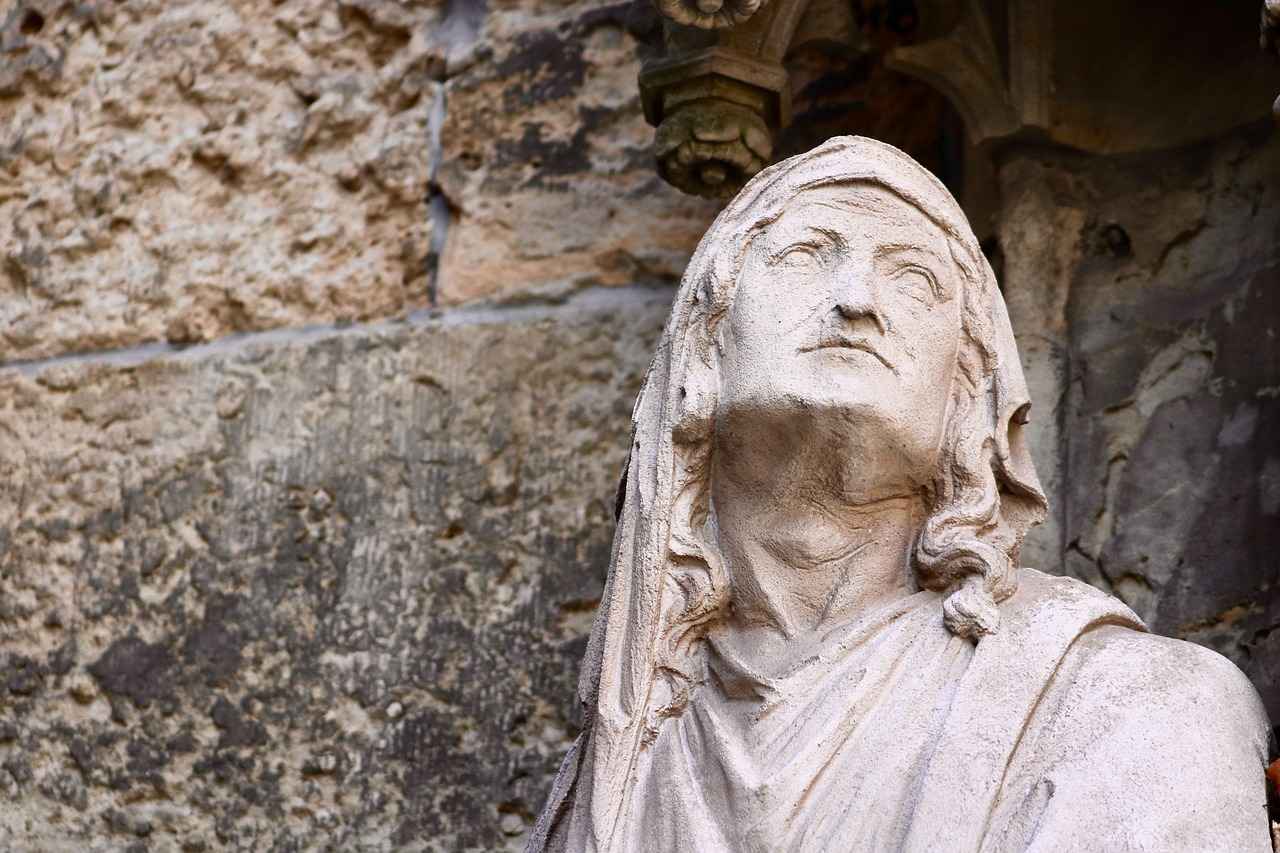
Career Path and Achievements
Throughout his career, Thomas Kingston made significant contributions across various sectors, showcasing a remarkable blend of dedication and ambition. His professional journey is characterized by a series of strategic decisions that not only advanced his career but also cemented his reputation within elite circles, particularly those associated with the British royal family.
Kingston began his career in the finance sector, where he quickly distinguished himself through his analytical skills and keen understanding of market dynamics. His early experiences in this field provided him with a solid foundation, allowing him to navigate the complexities of high-stakes financial environments. As he progressed, Kingston transitioned into consulting, where he utilized his expertise to advise various organizations, including charities and non-profits, on effective financial strategies.
His contributions to the philanthropic sector were particularly noteworthy. Kingston played a crucial role in several charitable initiatives, leveraging his connections to raise awareness and funds for various causes. His ability to engage with high-profile donors and stakeholders was instrumental in the success of these initiatives, demonstrating his commitment to giving back to society. This aspect of his career not only enhanced his public image but also deepened his ties with the royal family, as many of his philanthropic endeavors aligned with royal interests.
Moreover, Kingston’s involvement in cultural and social events further solidified his status within the upper echelons of society. He was often seen at prestigious gatherings, where he networked with influential figures, including members of the royal family. These interactions not only expanded his social circle but also opened doors for collaborative efforts on various projects, enhancing his visibility and influence.
Kingston’s career was not without its challenges. He faced several controversies that tested his resilience and character. However, his ability to navigate these situations with grace and integrity only served to strengthen his reputation. His experiences in overcoming obstacles provided valuable lessons that he shared with aspiring professionals, further establishing him as a respected figure in his field.
In conclusion, Thomas Kingston’s career path is a testament to his unwavering commitment to excellence and his ability to forge meaningful connections. His achievements across various sectors, particularly his contributions to finance, consulting, and philanthropy, have left an indelible mark on society. Kingston’s legacy continues to inspire future generations, reminding them of the importance of dedication, resilience, and the power of strong connections.

Royal Connections: Who Did He Know?
Thomas Kingston’s life was profoundly shaped by his connections with royalty, which not only influenced his personal and professional trajectory but also enriched the fabric of British aristocracy. His relationships with key figures in the royal family were instrumental in providing him with unique opportunities that many could only dream of.
Kingston’s association with the British royal family began in his early years, as he was born into a family that had long-standing ties with the aristocracy. This heritage afforded him access to elite social circles where he could cultivate relationships with some of the most influential individuals in the country. His upbringing was not just one of privilege but also one that emphasized the importance of networking and maintaining connections within high society.
One of the most notable figures in Kingston’s life was Prince Edward, the Duke of Kent, a close relative of the Queen. Their friendship was not merely social; it was a partnership that opened doors to various opportunities in both business and charity. Kingston was often seen at royal events, where his presence signified a level of acceptance and recognition that few could attain. These events provided him with the platform to further his interests and initiatives.
In addition to his connection with the Duke of Kent, Kingston was known to have interacted with other prominent members of the royal family, including Princess Anne and Prince Charles. His ability to navigate these relationships showcased his diplomatic skills and understanding of royal etiquette. Kingston’s engagements with royalty were not limited to mere socializing; they often involved collaborative efforts in charitable endeavors, reflecting his commitment to giving back to society.
Moreover, Kingston’s connections extended beyond immediate family ties. He was well-acquainted with various aristocrats who played significant roles in British society, further solidifying his position within the elite. His network included influential politicians, business leaders, and cultural figures, all of whom recognized the value of his royal connections.
Throughout his life, Kingston’s relationships with royalty were characterized by mutual respect and admiration. He understood the delicate balance of maintaining these connections while also forging his own path. This ability to blend in with the royal circle while staying true to his identity was a testament to his character and resilience.
In summary, Thomas Kingston’s royal connections were more than just a facet of his identity; they were a driving force that shaped his legacy. His relationships with prominent figures in the royal family provided him with unique opportunities that influenced his work and philanthropic efforts. Kingston’s life serves as a reminder of the profound impact that social connections can have on an individual’s journey, especially within the intricate world of royalty and aristocracy.
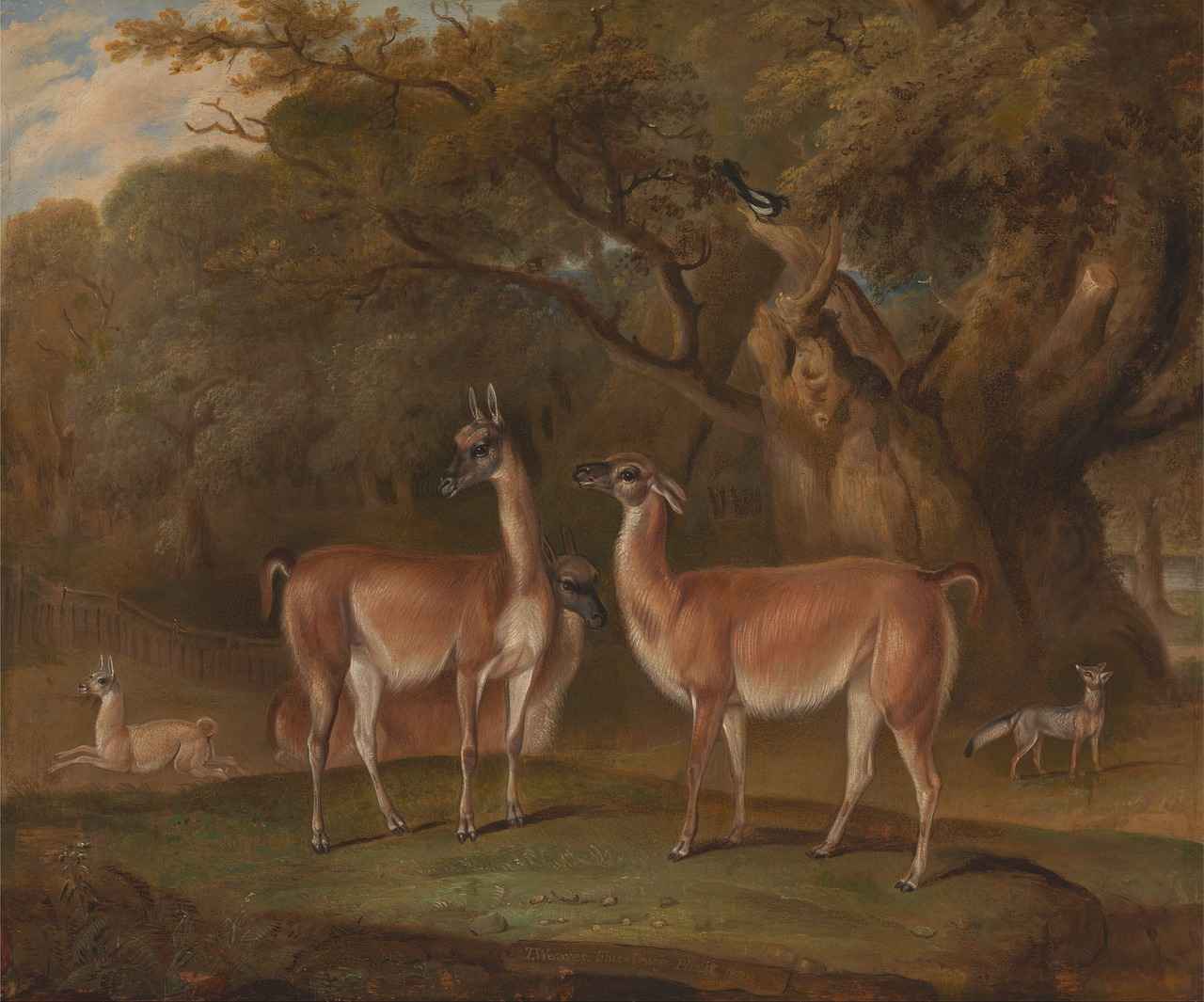
Kingston’s Role in Society
As a prominent member of the aristocracy, Thomas Kingston’s influence extended far beyond mere social status. His active participation in various societal events and gatherings underscored his significance within elite circles. Kingston was not just a figurehead; he was a catalyst for social change and a key player in the cultural landscape of his time.
Kingston’s presence at high-profile functions, such as charity galas, royal receptions, and exclusive soirées, showcased his importance in social circles. These events were not merely opportunities for mingling; they served as platforms for networking and fostering connections among the elite. Kingston understood the value of these interactions, leveraging them to strengthen ties with influential figures in politics, business, and the arts.
Social gatherings were often characterized by a strict hierarchy, and Kingston navigated this landscape with grace and poise. His ability to engage with individuals from various backgrounds—be it royalty, fellow aristocrats, or emerging socialites—demonstrated his adeptness at building rapport. This skill was crucial in a time when social status could dictate one’s opportunities and influence.
| Event Type | Purpose | Kingston’s Contribution |
|---|---|---|
| Charity Galas | Fundraising for various causes | Organized events, secured high-profile attendees |
| Royal Receptions | Celebrating royal milestones | Facilitated introductions between aristocrats and royals |
| Soirées | Networking among the elite | Hosted gatherings to foster connections |
In addition to his social engagements, Kingston was also known for his philanthropic endeavors. He believed in the responsibility of the aristocracy to give back to society. By championing various charitable causes, he not only enhanced his public image but also made a tangible difference in the community. His efforts in philanthropy were often highlighted during social events, further cementing his reputation as a socially conscious aristocrat.
Moreover, Kingston’s role was not confined to the confines of social gatherings. He often took part in discussions and initiatives aimed at addressing pressing societal issues. His insights and opinions were respected, and he was frequently consulted on matters that affected the aristocracy and the broader society. This involvement showcased his commitment to being an active participant in shaping societal norms and values.
In conclusion, Thomas Kingston’s role in society was multifaceted. He was not only a prominent figure in social events but also an advocate for social responsibility and change. His legacy as an influential member of the aristocracy continues to resonate, reminding us of the significant impact one individual can have on the fabric of society.
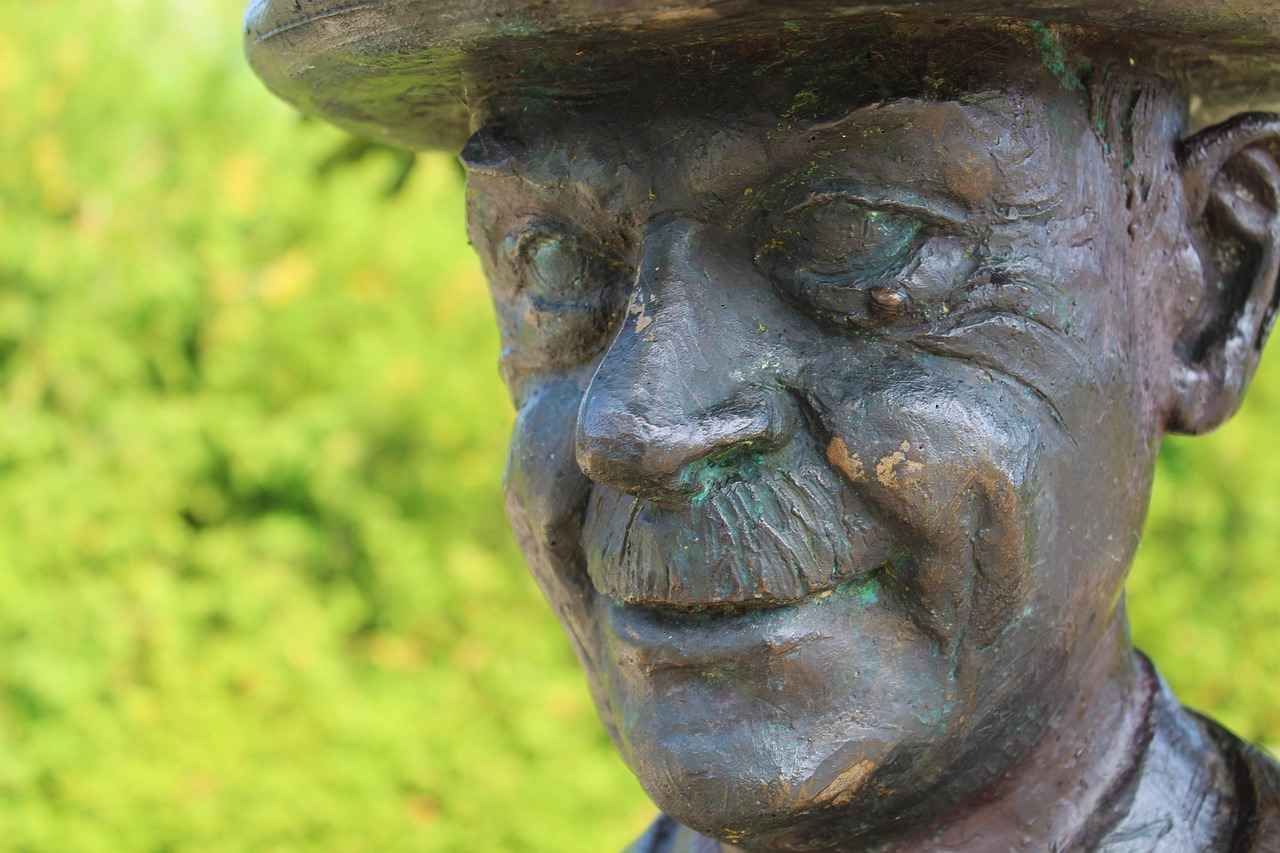
Marriage and Family Life
Thomas Kingston’s marriage was not merely a personal union; it was a strategic alliance that significantly impacted his social standing and familial connections. By marrying into an influential family, Kingston was able to intertwine his life with the British aristocracy, thereby enhancing his prestige within elite society.
The marriage served as a bridge, connecting Kingston to a network of powerful families, which was crucial in a time when social hierarchies were strictly observed. His spouse’s family, known for their longstanding ties to the monarchy, provided Kingston with an avenue to navigate the complex social landscape of the British elite. This union not only elevated his status but also solidified his family’s position within the aristocracy.
Moreover, Kingston’s family life exemplified the traditional values of the aristocracy, emphasizing lineage and legacy. The couple was often seen at high-profile events, where their presence underscored their importance in social circles. These gatherings were not just social occasions; they were opportunities for Kingston to strengthen his connections with other influential figures, thereby expanding his influence.
In addition to social elevation, Kingston’s marriage brought about a sense of responsibility. As a member of the aristocracy, he was expected to uphold certain standards of conduct and contribute positively to society. This included participating in charitable activities and supporting local initiatives, which were often facilitated through his wife’s family connections.
Kingston’s children also played a vital role in this familial strategy. By ensuring that his offspring were well-educated and socially adept, he prepared them to carry on the family legacy. Their eventual marriages would further intertwine the Kingston name with other prominent families, perpetuating the cycle of social advancement.
In essence, Kingston’s marriage was a pivotal element of his life. It was a catalyst for social mobility and a means to forge alliances that would benefit not just him but his entire lineage. The intertwining of his family life with the aristocracy not only solidified his own status but also ensured that the Kingston legacy would endure through future generations.
This strategic approach to marriage and family life highlights the importance of social connections in the aristocracy, where personal relationships often dictated one’s place in society. Kingston’s life serves as a testament to how effective alliances can enhance one’s standing and influence within elite circles.
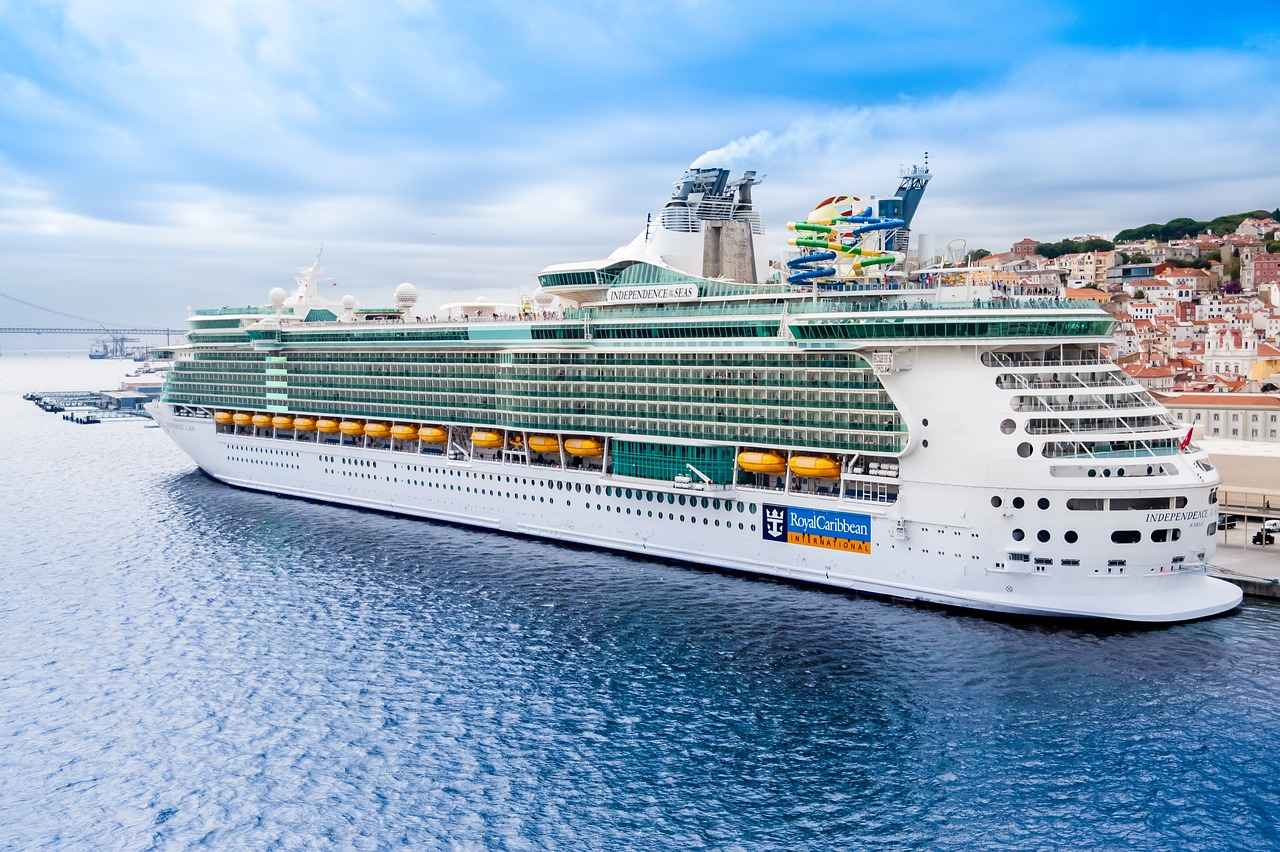
Philanthropic Endeavors
Thomas Kingston’s commitment to philanthropy was a defining aspect of his character, showcasing his dedication to making a positive impact in society. He was not only a figure of aristocracy but also a champion for various charitable causes that resonated deeply with his values. His philanthropic efforts spanned multiple sectors, including education, healthcare, and social welfare, reflecting a holistic approach to giving back.
Kingston believed that those in privileged positions have a responsibility to support the less fortunate. This belief was evident in his active participation in numerous charitable organizations. He often collaborated with established charities, lending his influence and resources to help amplify their missions. For instance, he was known to support educational initiatives aimed at providing opportunities for underprivileged youth. Kingston understood the transformative power of education and worked tirelessly to ensure that every child had access to quality learning experiences.
Moreover, Kingston’s philanthropic pursuits were not limited to financial contributions. He frequently volunteered his time and expertise, participating in fundraising events and awareness campaigns. His presence at these events not only raised funds but also drew attention to the causes he supported, inspiring others to contribute as well. Kingston’s approach to philanthropy was rooted in the belief that genuine engagement could lead to sustainable change.
In addition to education, Kingston was passionate about healthcare initiatives. He worked closely with organizations focused on improving health services in underserved communities. His efforts included fundraising for medical research and supporting local clinics that provided essential health services. By addressing healthcare disparities, Kingston aimed to improve the quality of life for many and ensure that everyone had access to necessary medical care.
Furthermore, Kingston’s philanthropic legacy is characterized by his commitment to social justice. He advocated for various social causes, including homelessness and mental health awareness. His involvement in these areas highlighted his understanding of the complex challenges faced by vulnerable populations. Kingston often used his platform to raise awareness and advocate for policy changes that would benefit those in need.
To honor his contributions, several charities established awards and scholarships in his name, ensuring that his legacy of giving would continue to inspire future generations. These initiatives reflect the lasting impact of his philanthropic endeavors and serve as a testament to his character.
In summary, Thomas Kingston exemplified the spirit of philanthropy through his extensive involvement in charitable causes. His dedication to education, healthcare, and social justice not only showcased his values but also contributed to meaningful change in society. Kingston’s legacy as a philanthropist remains a significant part of his identity, illustrating that true nobility lies in the commitment to uplift others.
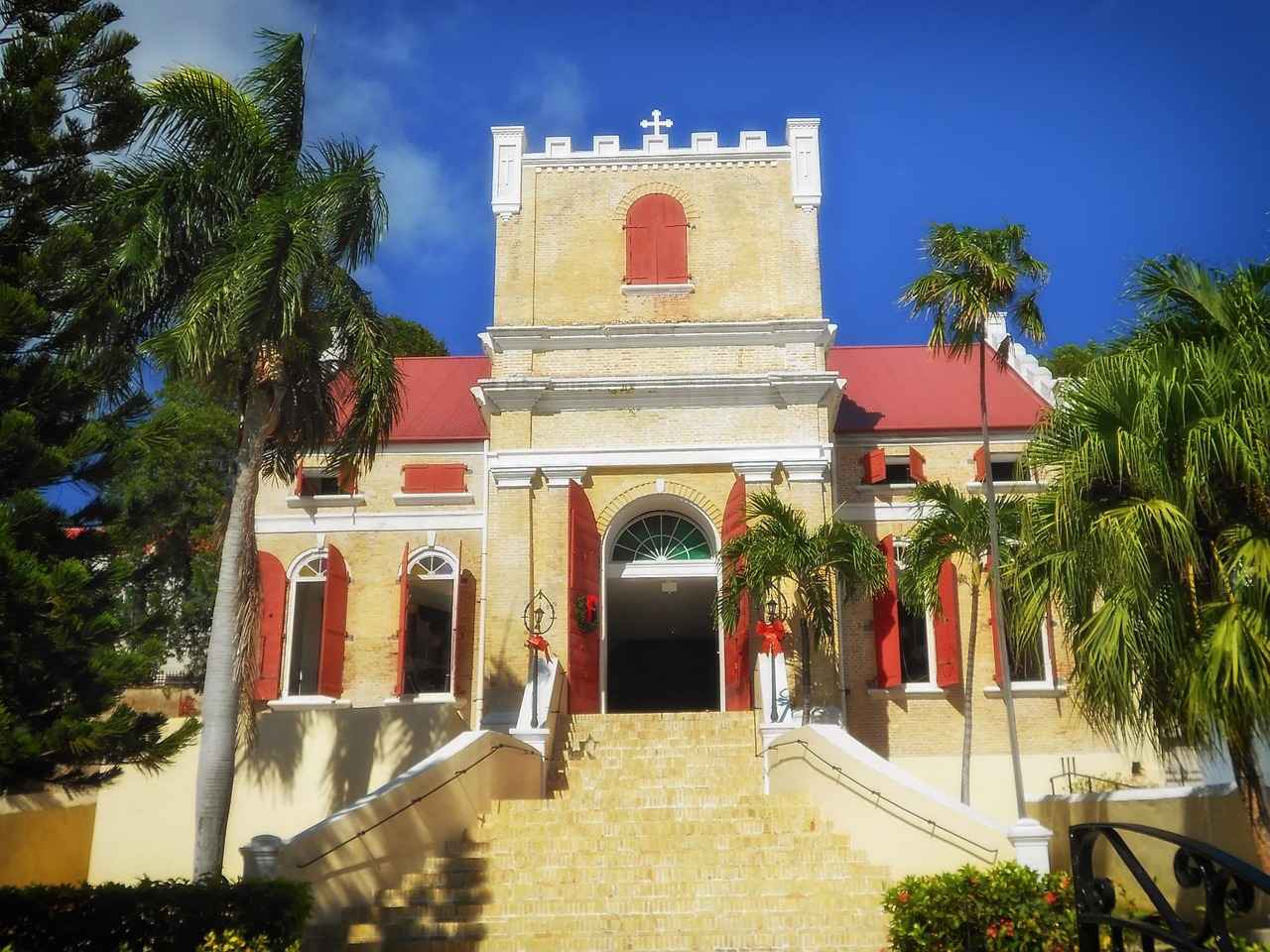
Legacy and Historical Impact
The legacy of Thomas Kingston extends far beyond his lifetime, leaving an indelible mark on British history. His contributions to society, coupled with his connections to the royal family, have fostered a complex narrative intertwined with the aristocracy and public life. This section delves into the various facets of Kingston’s legacy and its historical implications.
Thomas Kingston was not merely a figure of his time; he was a catalyst for change and a symbol of the evolving relationship between the aristocracy and the monarchy. His involvement in various charitable endeavors showcased a commitment to social responsibility that resonated with the values of his era. Kingston’s philanthropic efforts were not just about monetary contributions; they represented a broader ethos of service and duty to the community. His initiatives in education and healthcare, for instance, helped to uplift the underprivileged, reflecting a progressive attitude towards societal welfare.
Moreover, Kingston’s royal connections played a pivotal role in shaping his legacy. His relationships with members of the royal family provided him with unique opportunities to influence societal norms and practices. By attending high-profile events and gatherings, he became a prominent figure in the social scene, often seen as a bridge between the aristocracy and the monarchy. This positioning allowed him to advocate for various causes, thereby amplifying his impact on society.
In addition to his charitable work and social standing, Kingston’s legacy is also characterized by the historical narratives that emerged from his life. Many historians argue that his experiences and relationships provide valuable insights into the dynamics of British aristocracy during a transformative period. The records of his interactions with the royal family serve as a window into the complexities of loyalty, influence, and power within the upper echelons of society.
Furthermore, Kingston’s legacy is preserved through the stories and memories shared by those who knew him. These narratives, passed down through generations, contribute to a rich tapestry of history that continues to inform our understanding of the past. His life and work are often referenced in discussions about the evolution of royal engagement with the public and the responsibilities of the aristocracy in modern society.
As we reflect on the legacy of Thomas Kingston, it becomes clear that his contributions were not limited to his lifetime. They have echoed through time, influencing contemporary discussions about social responsibility, aristocratic duty, and the role of the monarchy. His life serves as a reminder of the potential for individuals to effect change, leaving a lasting impression on both history and society.
In conclusion, the legacy of Thomas Kingston is a multifaceted narrative that encompasses his philanthropic endeavors, royal connections, and the historical impact of his life. As we continue to explore the intricacies of British history, Kingston’s story remains a significant chapter, illustrating the enduring influence of one man’s commitment to society and the royal family.

Controversies and Challenges
Throughout his life, Thomas Kingston encountered numerous controversies and challenges that not only tested his character but also shaped his public persona. Navigating the intricate world of high society, Kingston’s resilience was often put to the test, revealing the complexities of his legacy.
One of the most notable challenges Kingston faced was the scrutiny surrounding his personal relationships. Being closely associated with the British aristocracy meant that his romantic entanglements were often under the microscope. Media speculation regarding his relationships with prominent figures created a narrative that sometimes overshadowed his achievements. This scrutiny forced Kingston to maintain a delicate balance between his public and private life, often leading him to make difficult choices that would impact his social standing.
Additionally, Kingston was not immune to the political tensions of his time. His connections with influential political figures sometimes placed him at the center of controversies. Whether it was his stance on social issues or his involvement in political discussions, Kingston’s opinions often sparked debates. This aspect of his life highlights the challenges faced by individuals in high society, where every statement or action could lead to public backlash.
The media representation of Kingston also played a significant role in shaping public perception. Sensational headlines and exaggerated stories often painted him in a negative light, creating a dichotomy between his actual character and the public’s view of him. These portrayals not only affected his reputation but also complicated his efforts to engage in philanthropic endeavors, as potential allies might have been deterred by the controversies surrounding him.
Despite these challenges, Kingston’s ability to navigate the tumultuous waters of high society demonstrated his resilience. He often used these controversies to fuel his philanthropic efforts, turning negative attention into opportunities for positive change. For instance, following a particularly scandalous event, Kingston would often rally support for charitable causes, showcasing his commitment to social responsibility.
Moreover, Kingston’s experiences with controversy provided him with invaluable lessons in public relations and personal branding. He learned to manage his image carefully, employing strategies that would allow him to remain relevant in the public eye while mitigating the effects of negative press. This adaptability not only helped him maintain his social standing but also contributed to his legacy as a figure of resilience in the face of adversity.
In conclusion, the controversies and challenges faced by Thomas Kingston were integral to his life story. They tested his character, shaped his legacy, and highlighted the complexities of navigating high society. Despite the difficulties he encountered, Kingston’s resilience and ability to adapt to changing circumstances allowed him to leave a lasting impact on British aristocracy and society as a whole.

Public Perception and Media Representation
The way the media portrays individuals can significantly shape public perception, and Thomas Kingston was no exception. His life and legacy were often depicted through a lens that highlighted both his connections to the British aristocracy and the controversies that surrounded him. The duality of admiration and scrutiny in his portrayal reflects the complexities of his character and societal standing.
- Media’s Role in Shaping Perception: The media has the power to craft narratives that resonate with the public. In Kingston’s case, coverage ranged from celebrating his royal connections to questioning his motives and actions. This duality created a multifaceted image that kept the public engaged.
- Admiration Versus Scrutiny: Reports often admired Kingston for his charm, intelligence, and philanthropic efforts. However, they also scrutinized him for his associations and decisions, leading to a polarized public view. This phenomenon illustrates how media can oscillate between hero and villain, depending on the narrative angle.
- Impact of Social Media: In recent years, social media has further complicated the landscape of public perception. Instantaneous sharing and commentary can amplify both positive and negative narratives, making it challenging for individuals like Kingston to control their public image.
The press often focused on Kingston’s connections with members of the royal family, portraying him as a bridge between the aristocracy and the general public. This portrayal was not without its challenges; the media’s emphasis on his relationships sometimes overshadowed his personal achievements and contributions to society.
| Aspect | Media Portrayal | Public Reaction |
|---|---|---|
| Royal Connections | Admiration for his elite status | Fascination with his lifestyle |
| Philanthropy | Positive coverage of charitable work | Increased respect and admiration |
| Controversies | Critical reporting on personal choices | Divided opinions and skepticism |
The media’s portrayal of Kingston serves as a case study in how public figures navigate their image in the face of both admiration and criticism. His experiences highlight the importance of understanding the media’s role in shaping societal perceptions, especially for those connected to the royal family.
Ultimately, Kingston’s life and the media’s representation of it reflect broader themes of celebrity culture, where public figures are often placed under a microscope. This scrutiny can lead to a complex legacy that encompasses both positive contributions and contentious moments, demonstrating the intricate relationship between media portrayal and public perception.
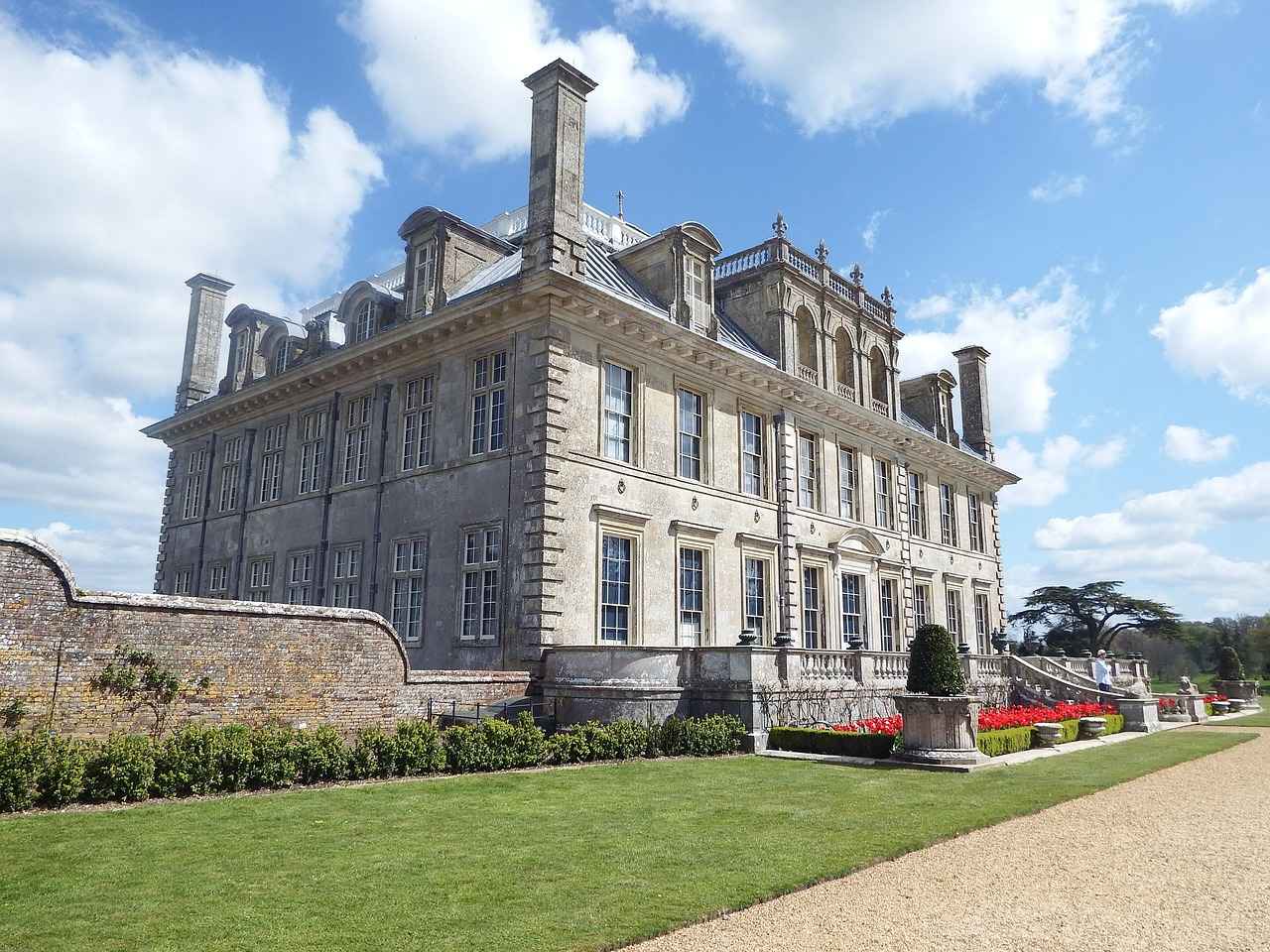
Influence on Modern Royalty
Thomas Kingston’s legacy is intricately woven into the fabric of modern royalty, showcasing how historical figures can shape contemporary practices and traditions. His connections and influence extend far beyond his lifetime, leaving a significant mark on the royal family and its public engagements.
One of the most notable aspects of Kingston’s influence is his role in shaping royal traditions. He was known for his commitment to formal etiquette and the importance of maintaining a dignified presence during public events. This emphasis on decorum has been inherited by modern royals, who continue to prioritize elegance and tradition in their engagements. For instance, the meticulous planning that goes into royal ceremonies today can be traced back to practices established during Kingston’s era, reflecting his lasting impact on royal protocol.
Moreover, Kingston’s relationships with key royal figures facilitated a network of alliances that have persisted through generations. His ability to connect with influential members of the aristocracy and the royal family allowed him to foster a sense of unity and collaboration among different factions within the nobility. This spirit of cooperation remains evident in the way modern royals engage with various charitable organizations and community initiatives, often collaborating with other aristocratic families to maximize their charitable impact.
In addition to his social connections, Kingston’s philanthropic endeavors set a precedent for modern royal charity work. He was involved in numerous charitable causes, advocating for social responsibility among the elite. Today, members of the royal family are known for their charitable commitments, often championing causes that resonate with the public. This tradition of philanthropy, which Kingston helped to popularize, continues to be a significant aspect of modern royal life, demonstrating the enduring nature of his influence.
Furthermore, Kingston’s marriage into aristocracy exemplifies how personal connections can enhance social standing and influence. His union not only solidified his place within elite society but also established ties that would benefit future generations. Modern royals often navigate similar dynamics, where marriages are viewed as strategic alliances that strengthen their connections within the aristocracy and the broader community.
Additionally, Kingston’s approach to public appearances and media engagement has left a lasting impression on how modern royals interact with the press. His understanding of the importance of public perception and media representation is echoed in the current royal family’s media strategies. Today, royals are acutely aware of their public image, often employing carefully curated narratives to maintain a favorable public perception, a practice that can be traced back to Kingston’s era.
In summary, the influence of Thomas Kingston on modern royalty is profound and multifaceted. His legacy can be seen in the traditions upheld by contemporary royals, their philanthropic efforts, and their strategic social alliances. By examining Kingston’s life and connections, we gain insight into how historical figures continue to shape the royal landscape, ensuring that their impact resonates through time.

Final Thoughts on Thomas Kingston’s Life
Reflecting on Thomas Kingston’s life reveals a multifaceted individual whose connections and contributions shaped not only his legacy but also the historical context of British royalty. His journey from a privileged upbringing to becoming a notable figure in the aristocracy is a testament to the intricate web of relationships and societal roles that define British history.
Kingston’s early life was steeped in the traditions of the British elite. Born into a family with deep-rooted ties to the aristocracy, he was exposed to the nuances of high society from a young age. This background not only provided him with the necessary social skills but also instilled in him a sense of duty towards his community and the monarchy. The values he absorbed during his formative years would later influence his actions and decisions, particularly in his philanthropic endeavors.
The education Kingston received at prestigious institutions further honed his capabilities. He was not merely a product of privilege; his academic achievements laid the groundwork for a successful career. This blend of education and social standing allowed him to navigate the complexities of aristocratic life with ease, making valuable connections that would serve him well throughout his life.
His career was marked by significant contributions to various sectors, showcasing his dedication and ambition. Kingston’s ability to forge relationships with influential figures in the royal family opened doors that many could only dream of. These connections were not just about personal gain; they also enabled him to play a role in significant societal events, reinforcing his status in elite circles.
Kingston’s marriage further solidified his place within the aristocracy. By aligning himself with another prominent family, he expanded his network and enhanced his social standing. This union was not merely a personal endeavor; it had broader implications for the families involved, intertwining their legacies in a manner that echoed through generations.
Philanthropy was another cornerstone of Kingston’s life. He was deeply committed to giving back, supporting various charitable causes that reflected his values. His efforts in this arena demonstrated a side of him that went beyond the expectations of his social class, showcasing a genuine desire to effect positive change in society.
Despite his many accomplishments, Kingston’s life was not without its challenges. He faced controversies that tested his character and resilience. These moments of adversity, while difficult, contributed to the complexity of his legacy, illustrating that even those in high society are not immune to public scrutiny and personal trials.
The media’s portrayal of Kingston also played a significant role in shaping public perception. His image was often a mix of admiration and criticism, reflecting the duality of his life as a prominent figure within the aristocracy. This nuanced representation highlights the challenges faced by individuals in the public eye, particularly those connected to the royal family.
Ultimately, Kingston’s legacy continues to resonate in modern royal circles. His influence on traditions and practices within the monarchy can still be observed today, reminding us of the enduring impact that individuals can have on history. As we reflect on his life, it becomes clear that Thomas Kingston was not just a man of privilege; he was a complex individual whose contributions shaped the very fabric of British society.
Frequently Asked Questions
- What was Thomas Kingston known for?
Thomas Kingston was known for his influential connections with British royalty, his philanthropic efforts, and his significant contributions to various sectors. His life was a blend of social prominence and charitable work, making him a notable figure in aristocratic circles.
- How did Kingston’s early life shape his future?
Born into a privileged family, Kingston’s early life provided him with access to high society and prestigious educational opportunities. This foundation played a crucial role in shaping his ambitions and connections, ultimately aiding his rise within royal circles.
- What impact did Thomas Kingston have on modern royalty?
Kingston’s legacy continues to influence modern royalty through his connections and contributions to royal traditions. His impact can still be seen in contemporary royal engagements, showcasing the lasting impression he left on British history.
- Did Thomas Kingston face any controversies?
Like many figures in high society, Kingston encountered controversies that tested his character. These challenges added complexity to his legacy, illustrating that even those in elite circles are not immune to scrutiny.
- What philanthropic efforts was Kingston involved in?
Kingston was known for his commitment to various charitable causes, reflecting his values beyond his aristocratic connections. His philanthropic endeavors highlighted his dedication to giving back to society and supporting those in need.










